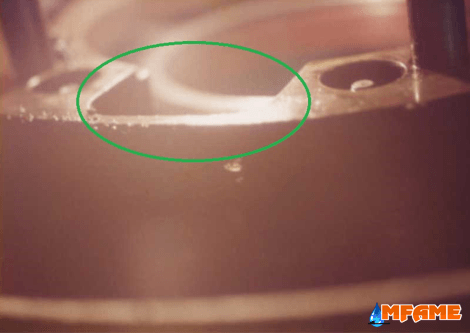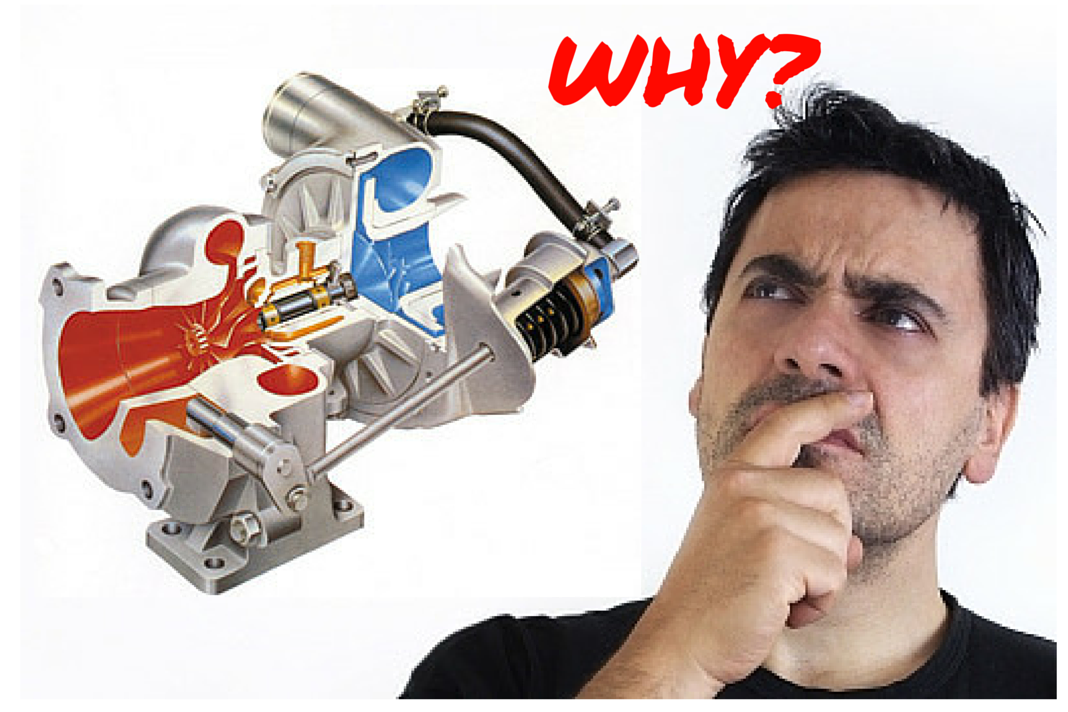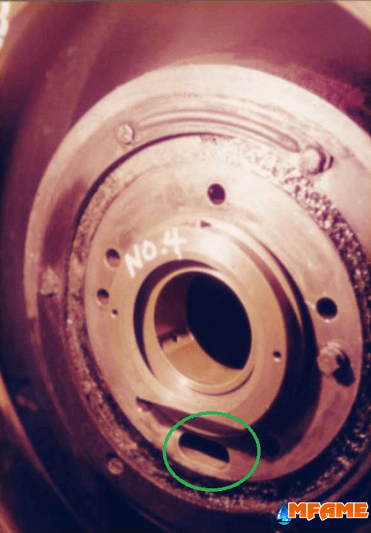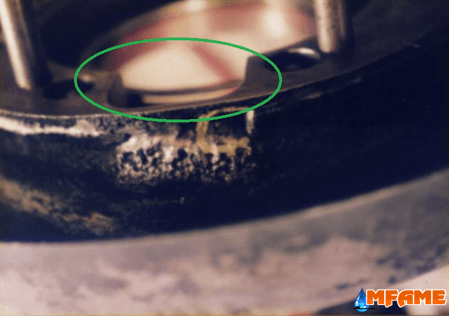| Vessel | Containership |
| Machinery | Turbocharger on Main Engine |
| Damage/Problem | High Lube oil Consumption |
| Main Engine | 12 L 90 GFCA |
| Turbocharger | Retrofitted from ABB to MAN |
Technical Background:
The main engine had four turbochargers and all these turbochargers have been overhauled recently. It was later observed that one of these turbochargers consumed more lube oil than others. The engine lubrication was isolated from the turbocharger lubrication system. The ship staffs attempted to quantify the consumption in each turbocharger. It was noticed that #4 turbocharger was consuming 200 litres more than the others. The engineers attempted to overhaul assuming that a wrong assembly is causing such an excess lube oil consumption.
At the next opportunity, the engineers overhauled the turbocharger #4 and found everything to be perfect. All the clearances were within the maker’s recommendations. Within 2 months from the turbocharger overhaul, the lube oil consumption increased from 200 litres to 350 litres. The engineers were shocked and clueless on what is going on!
Note:
- No abnormalities in turbocharger operation.
- No vibration.
- All temperatures and pressures normal.
- No discoloration of the lube oil.
What do you think could have caused such an increase in lube oil consumption?
The above image shows an end plate where the turbocharger shaft rests on the bearings and the lube oil is drained back to the system via the hole at the bottom of the disc. The other end of the plate is the exhaust gas side where the exhaust gas from the engine passes through, to the ship’s funnel.
Upon close inspection and examination, it was noticed that the end plate had suffered an erosion because of which the oil which was to be drained back to the system, seeped through into the exhaust gas side.

The image above shows the original condition of a new end plate where there is no erosion. It was this erosion on the end plate which has caused the lube oil to leak through to the exhaust side, resulting in high lube oil consumption.
Lessons Learnt:
- The parts of the turbocharger were not inspected properly after cleaning, during an overhaul.
- The likely erosion is suspected to be due to lube oil becoming acidic or contaminated.
- The oil consumption was so high that the discoloration was not visible because of frequent oil top up.
- It is recommended to test the lubricant for its quality if the turbocharger system is a discrete one from the main system oil.
About the Author:
Mr. Wolfgang Gensch has over 32 years of service experience with MAN B&W. While employed with MAN B&W Singapore, he has attended to more than 440 vessels for different purposes. In the past forty years, Mr. Gensch had attended to over 600 vessels and carried out different work covering all fields on diesel engines and turbochargers, from normal docking, to troubleshooting, to overhaul, repair and rebuilding work on older and newer engines. His area of expertise is quite vast from a simple inspection up to intensive repair work such as repositioning of crankshafts on 2-stroke engines. He is Senior Technical Consultant at DETC – Singapore.
Consult Mr. Wolfgang for FREE through MFAME.

















![[Watch] Crazy Power Needed to Move World’s Largest Containerships](https://mfame.guru/wp-content/uploads/2023/11/mfame-tanker-100x70.jpg)

Very informative article. When ship staff overhaul turbochargers, they do it routinely and miss out minute details. However, when ever such abnormality occur after a routine overhaul, it is prudent to get the assistance of a specialist. Considering the generic skill of ships engineers, that should apply for all equipment in ship.